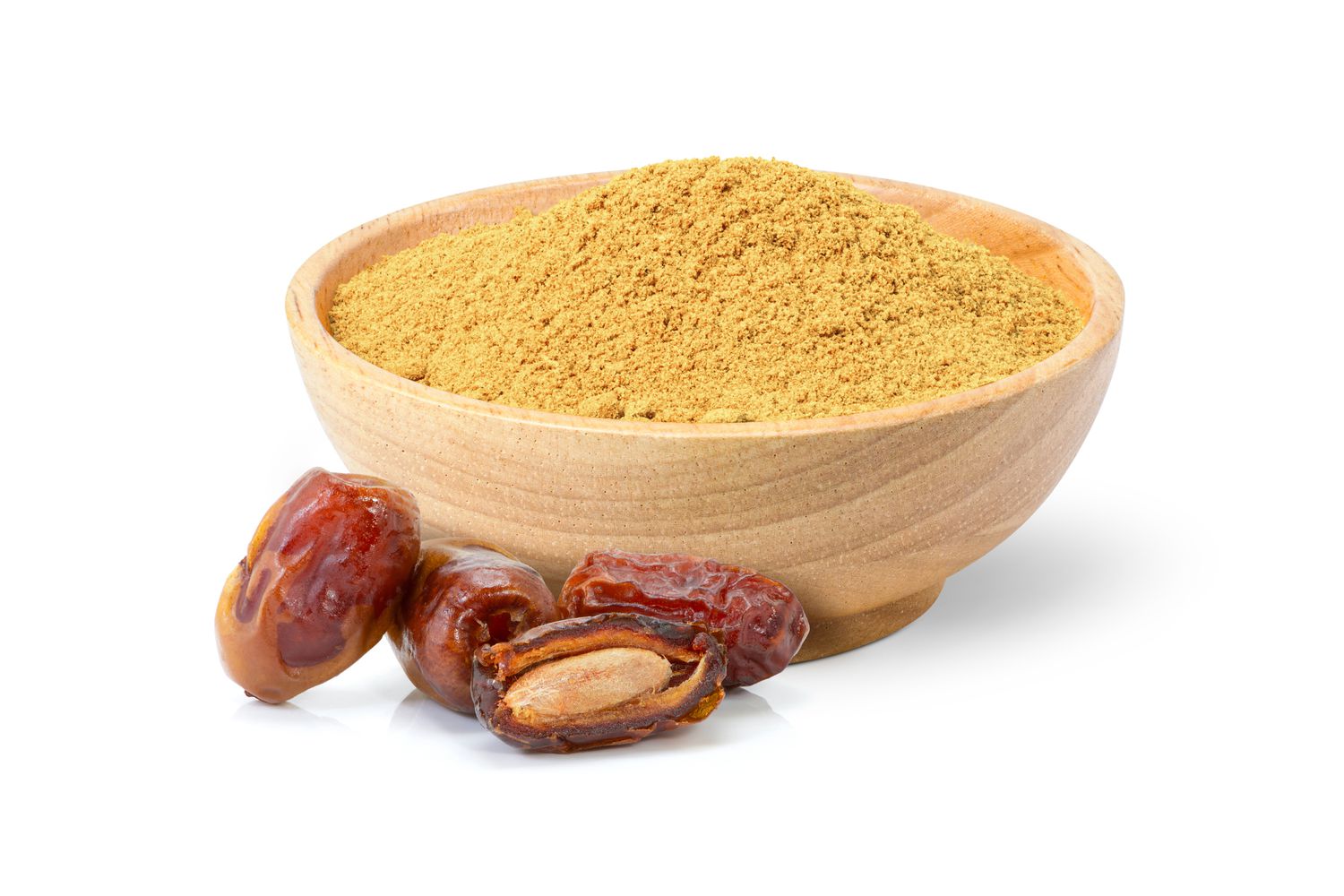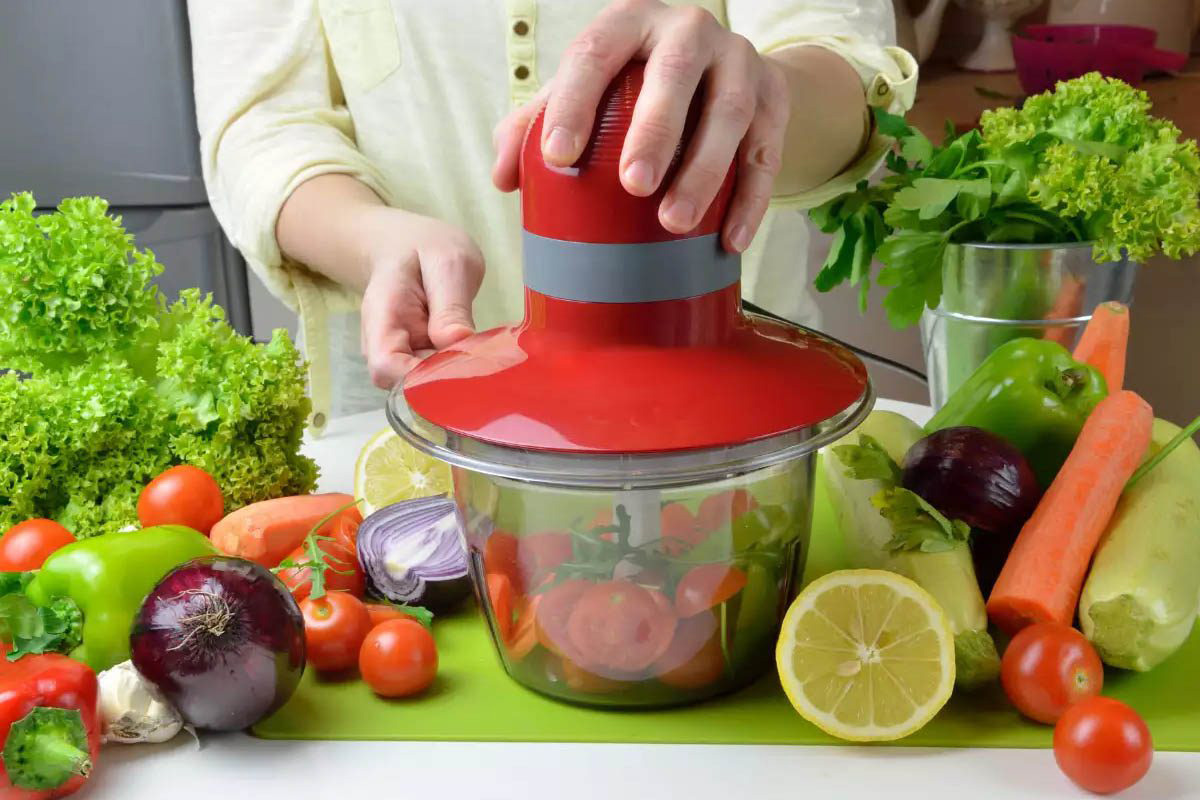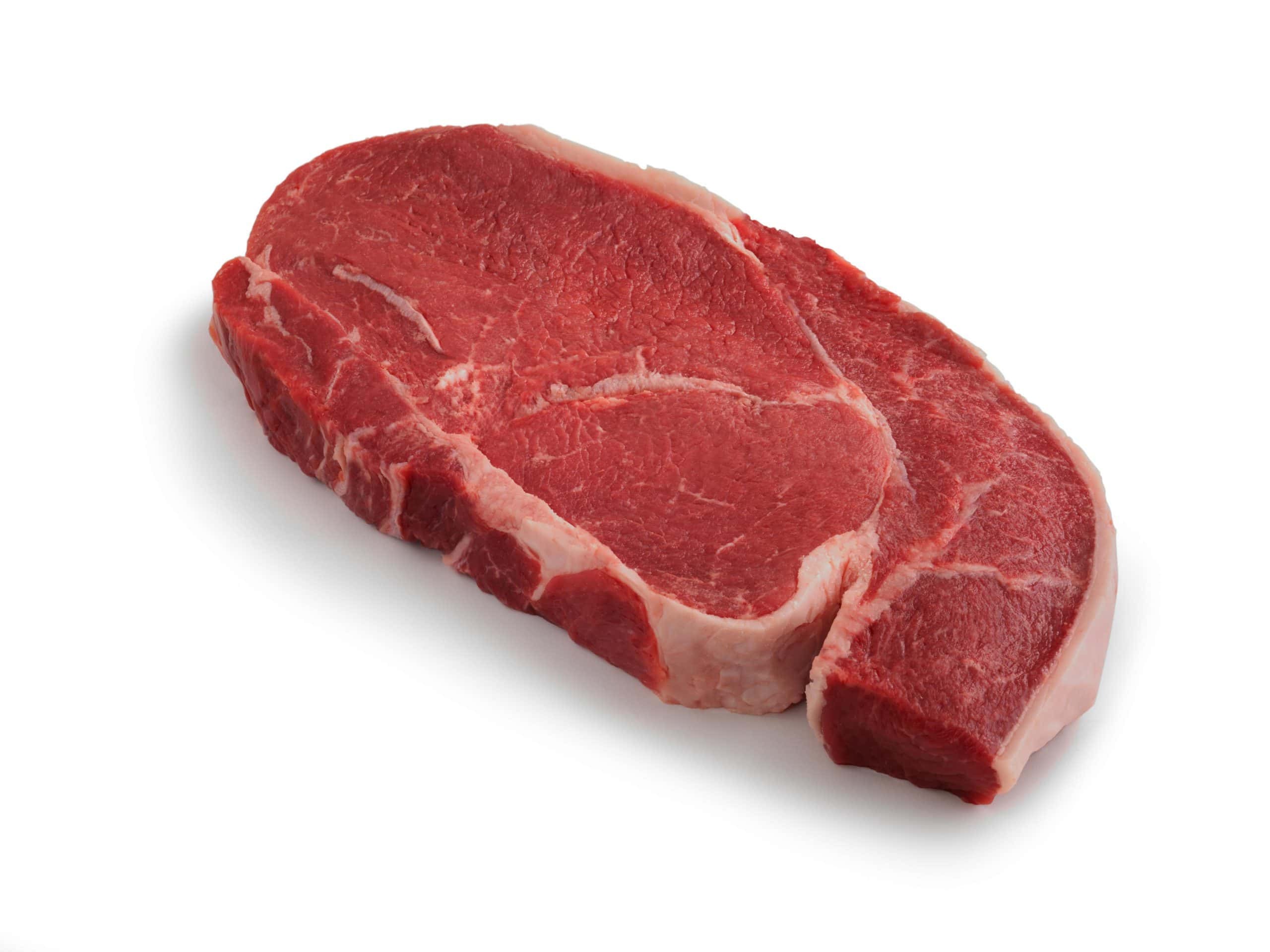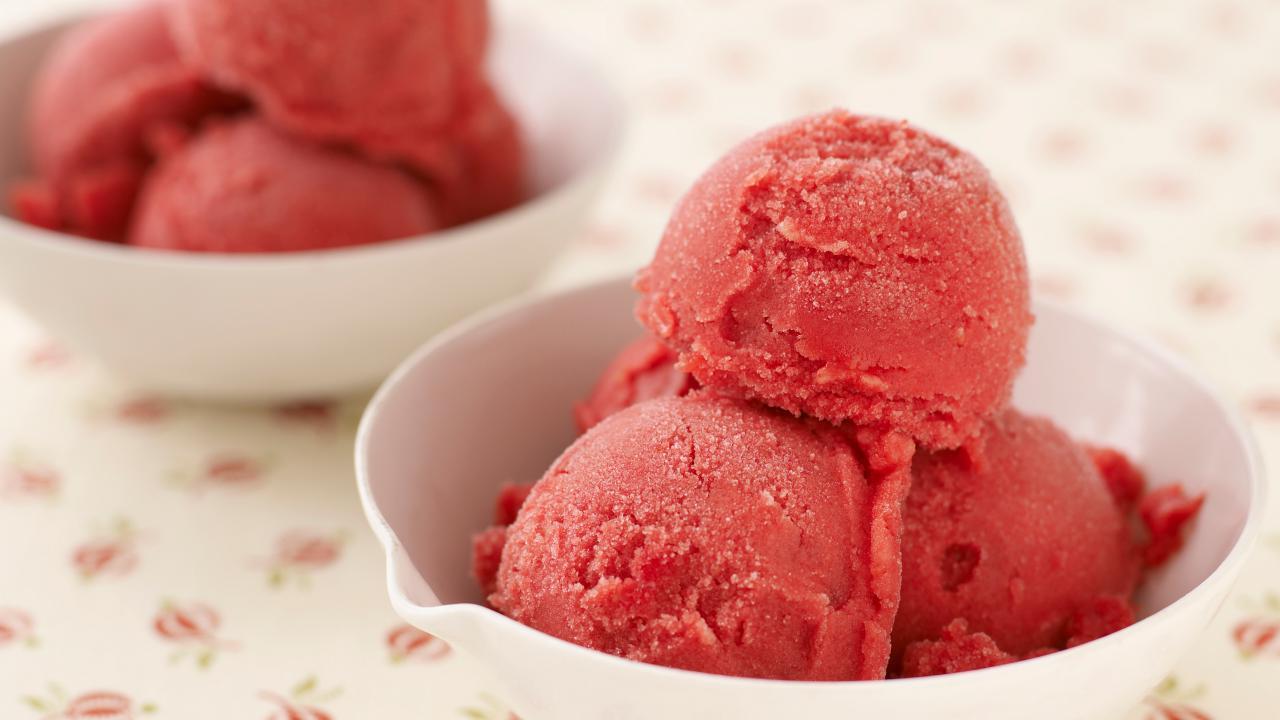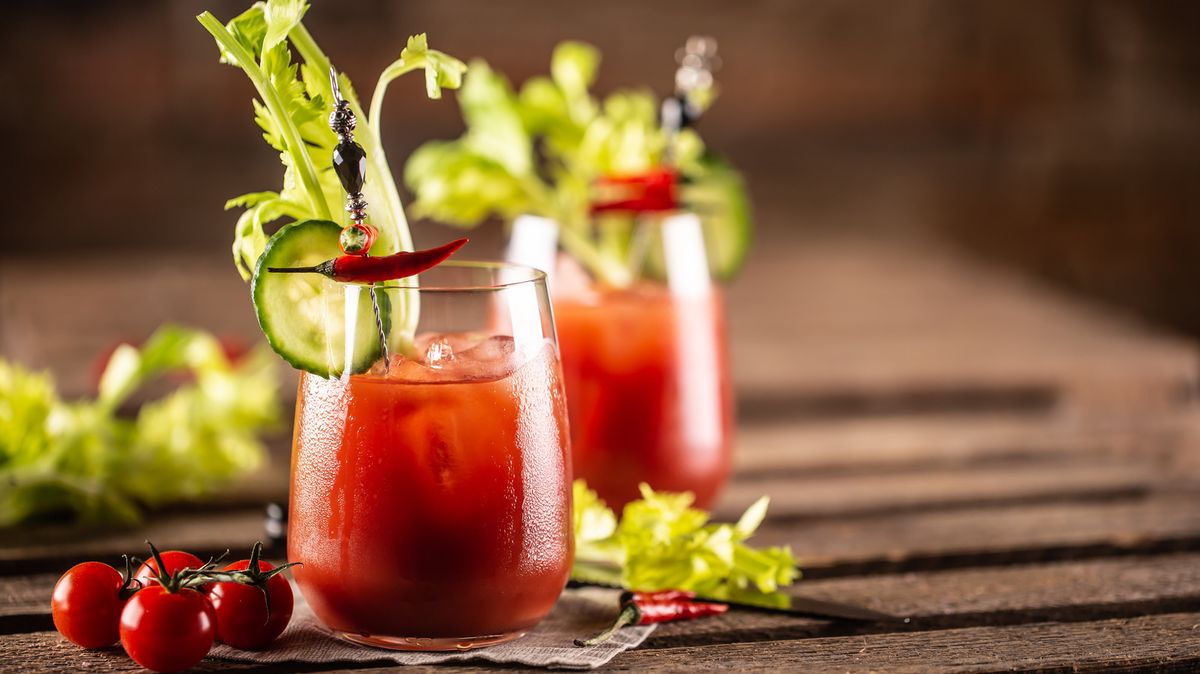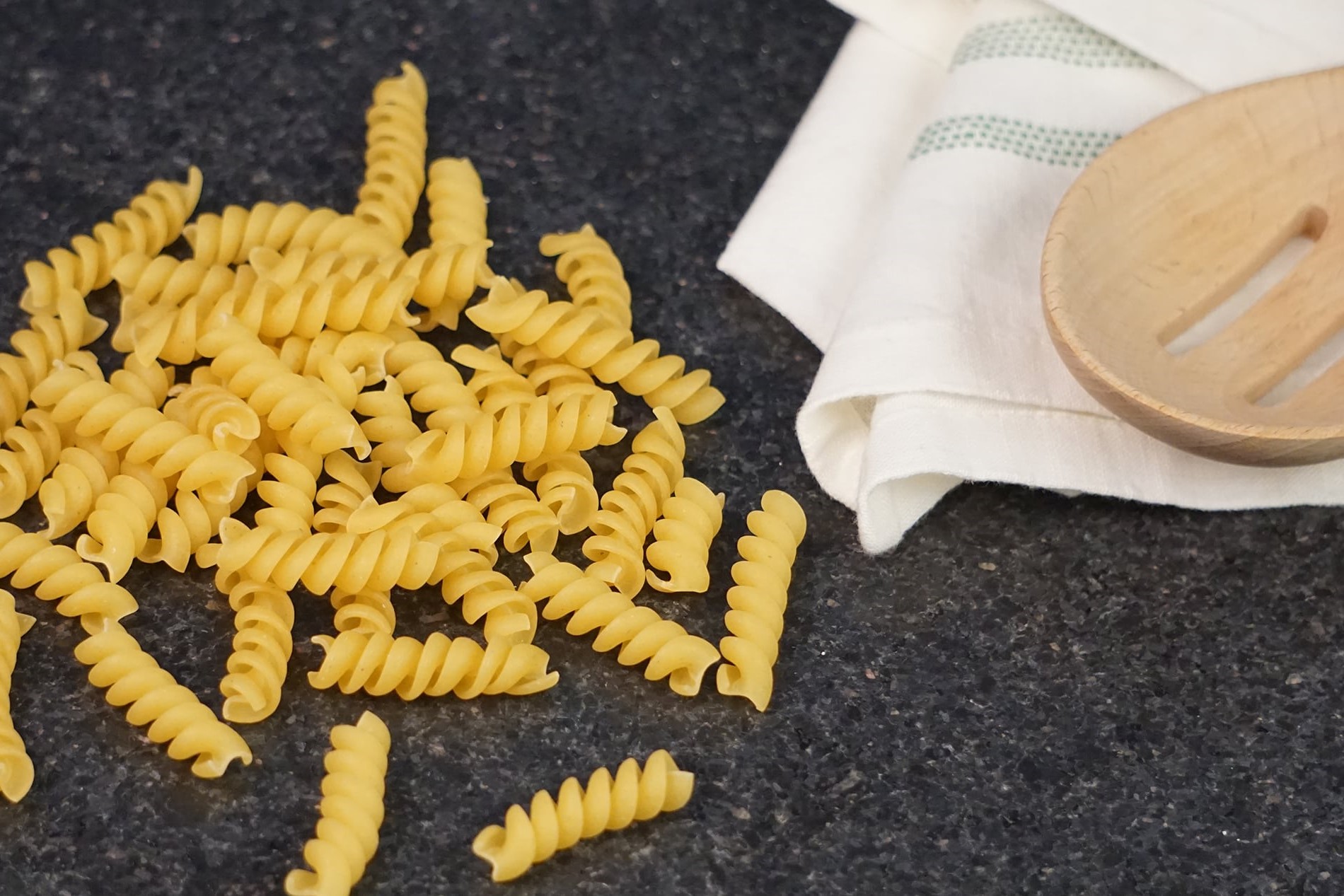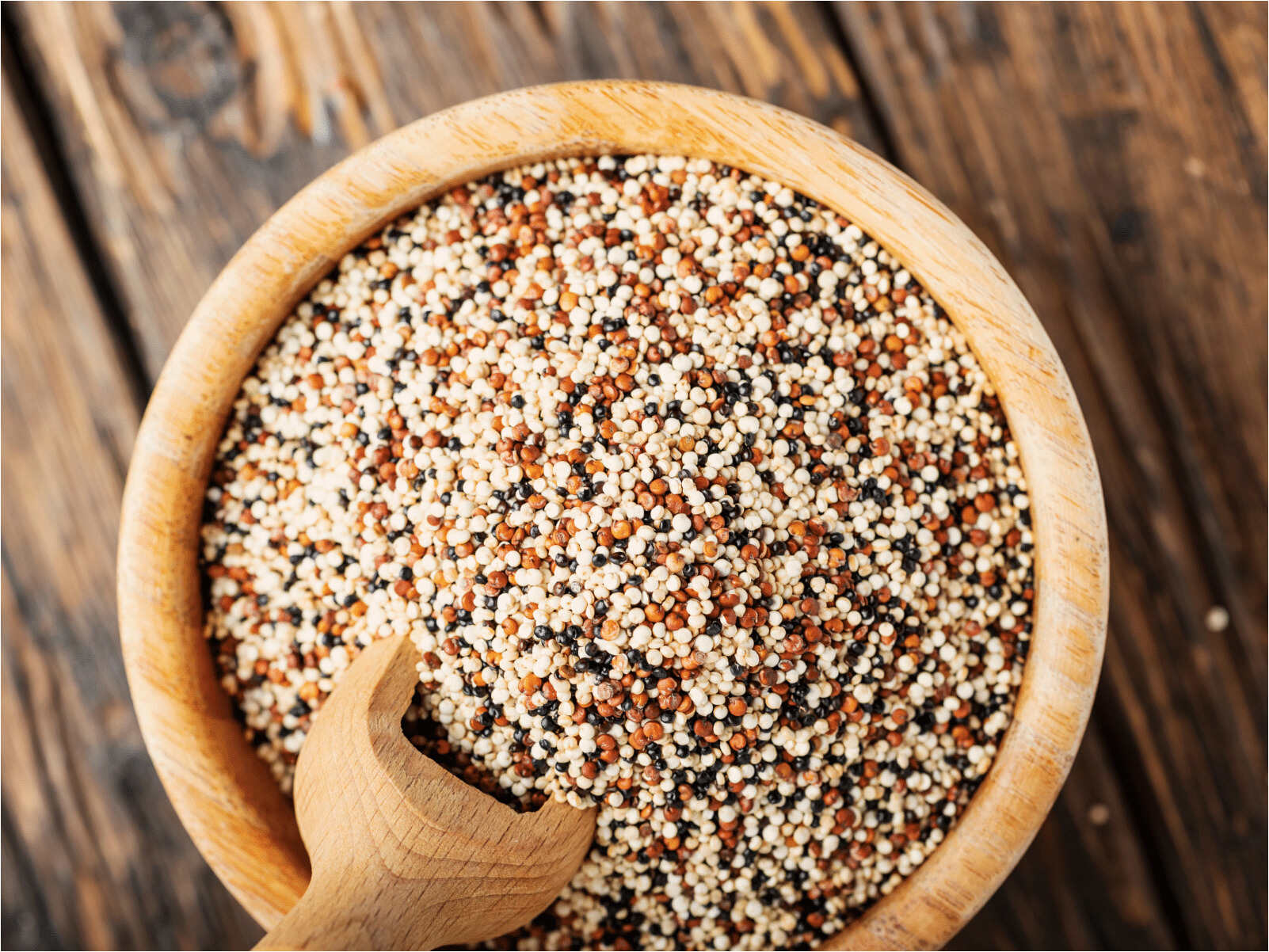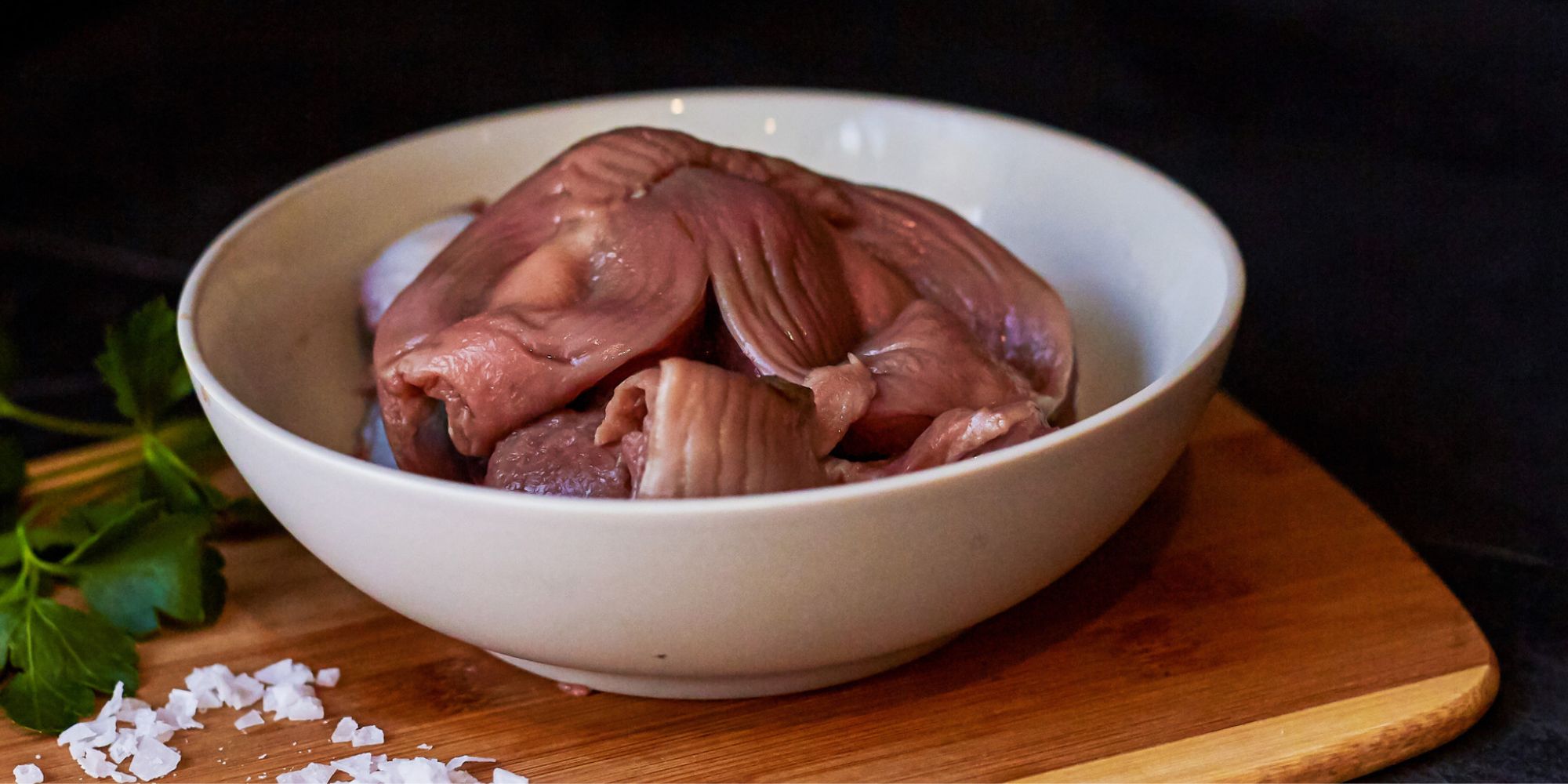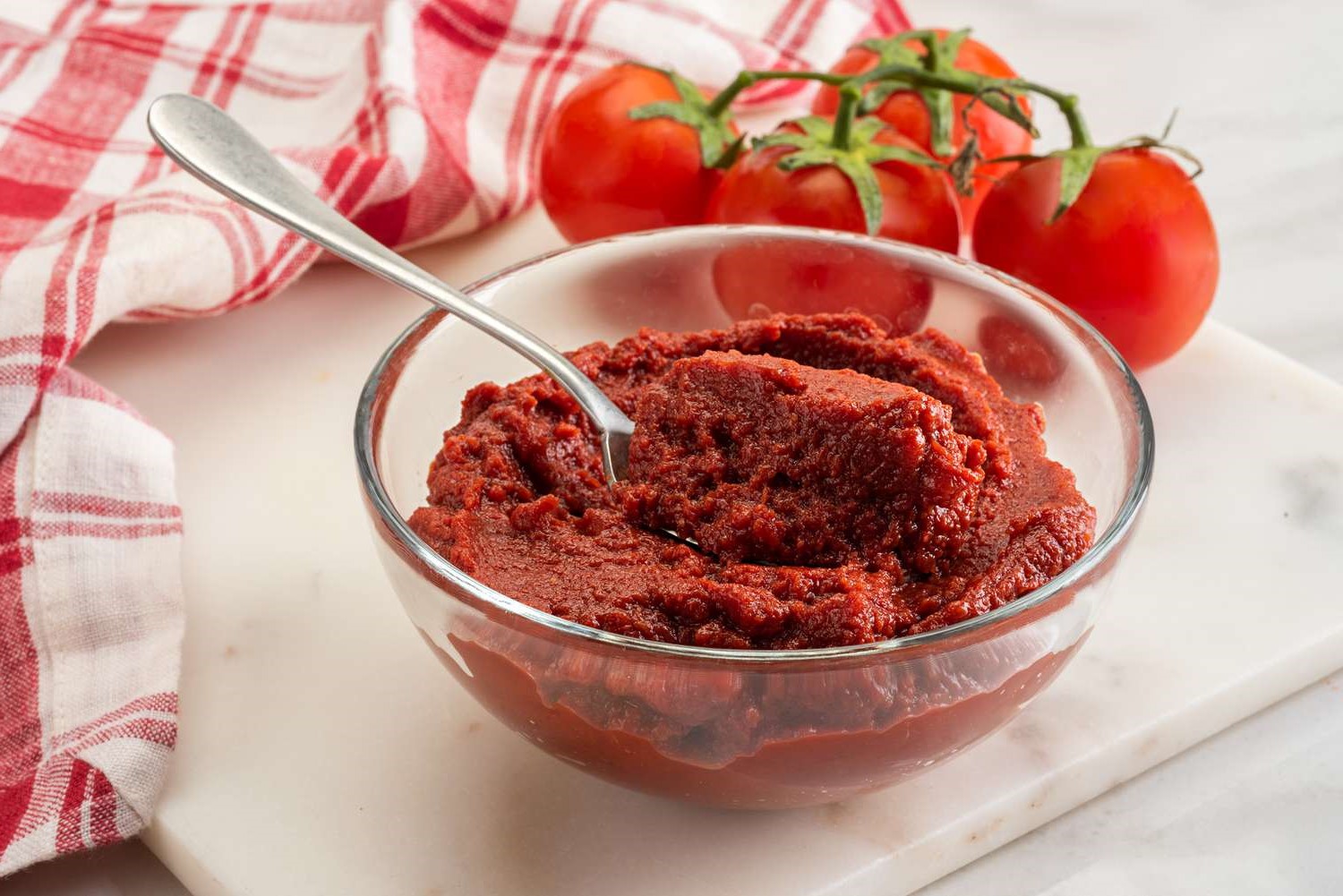Understanding Winter Squash
Winter squash is a versatile and nutritious vegetable that is a staple in many households during the colder months. With its rich flavor and vibrant colors, winter squash is not only delicious but also packed with essential nutrients. Let’s take a closer look at what winter squash is and why it deserves a place on your plate.
What is Winter Squash?
Winter squash is a category of squash that includes varieties such as butternut, acorn, spaghetti, and kabocha. Unlike summer squash, which is harvested when immature and has a thin edible skin, winter squash is harvested when fully mature and has a hard, thick skin. This allows winter squash to be stored for long periods, making it a convenient and economical choice for the winter months.
Types of Winter Squash
There are several popular types of winter squash, each with its own unique flavor and culinary uses. Some common varieties include:
- Butternut Squash: Known for its sweet, nutty flavor and smooth texture, butternut squash is a popular choice for soups, stews, and roasting.
- Acorn Squash: Shaped like its namesake, acorn squash has a slightly sweet and nutty flavor, making it a great addition to both sweet and savory dishes.
- Spaghetti Squash: When cooked, the flesh of spaghetti squash separates into long strands that resemble spaghetti, making it a low-carb alternative to pasta.
- Kabocha Squash: Also known as Japanese pumpkin, kabocha squash has a sweet, rich flavor and a dense, smooth texture, making it perfect for roasting and pureeing.
Nutritional Benefits
Winter squash is not only delicious but also packed with essential nutrients. It is a good source of vitamins A and C, as well as fiber, potassium, and antioxidants. These nutrients play a crucial role in supporting overall health, including immune function, vision, and heart health.
Culinary Uses
Winter squash is incredibly versatile and can be used in a wide variety of dishes. From soups and stews to salads and side dishes, there are countless ways to incorporate winter squash into your meals. It can be roasted, steamed, mashed, or pureed, allowing for endless culinary creativity.
How to Select and Store
When selecting winter squash, look for ones that are firm, heavy for their size, and free of any soft spots or blemishes. Store winter squash in a cool, dark place, such as a pantry or cellar, where they can last for several months. Once cut, wrap the remaining squash tightly in plastic wrap and store it in the refrigerator for up to five days.
In Conclusion
Winter squash is a delicious and nutritious vegetable that deserves a place on your table. With its rich flavor, vibrant colors, and versatility in the kitchen, it’s no wonder that winter squash is a beloved ingredient in countless recipes. Whether you’re roasting, pureeing, or sautéing, winter squash is sure to add a touch of warmth and flavor to your winter meals.
So, the next time you’re at the grocery store, be sure to pick up a few varieties of winter squash and get creative in the kitchen. Your taste buds and your body will thank you!
Was this page helpful?
Read Next: What Is A Substitute For Tomato Puree?
